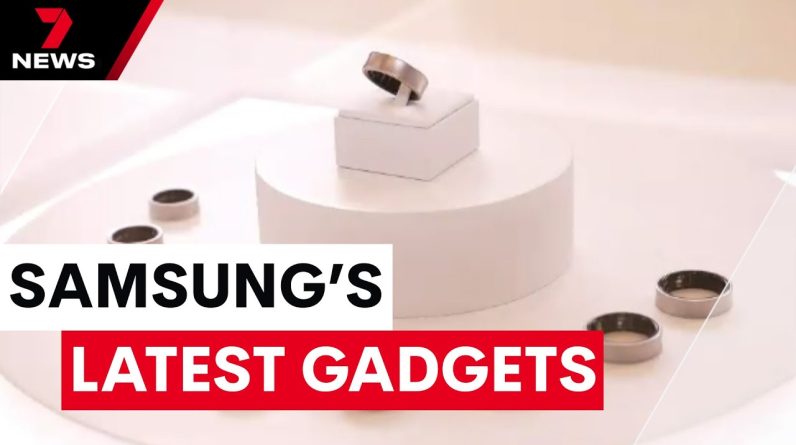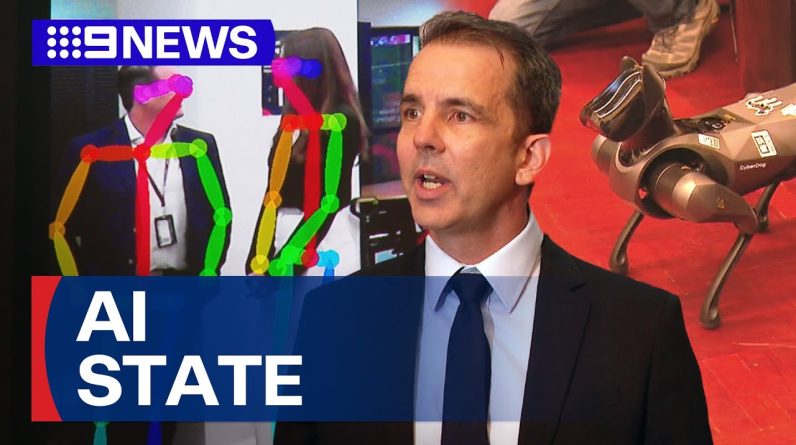Australian researchers have whipped up a novel way to boost fruit and vegetable intake in aged care residents, children, and even military personnel – incredibly, using 3D printing to produce a small meal packed full of nutrients.
Revolutionary 3D Printer Produces Nutrient-Packed Meals, Boosting Nutrition in Aged Care and Beyond
Australian researchers have made a significant breakthrough in the field of nutrition by utilizing 3D printing technology to produce nutrient-packed meals. This innovative approach aims to enhance fruit and vegetable intake among aged care residents, children, and even military personnel, revolutionizing the way we address dietary needs.
Australian Researchers Harness 3D Printing Technology to Create Nutrient-Dense Meals
Researchers from Edith Cowan University in Australia have pioneered a novel method using 3D printing to create small meals that are rich in essential nutrients while minimizing food wastage. This groundbreaking development has the potential to address nutritional deficiencies and cater to specific dietary requirements more effectively.
The use of 3D printing technology allows for precise control over the composition and texture of the printed food, ensuring optimal nutrient content and palatability. By upscaling low-value ingredients such as vegetable rejects and meat offcuts, researchers can transform them into highly nutritious meals. This process not only reduces food waste but also maximizes the utilization of available resources.
The application of 3D-printed food extends across various sectors. In aged care facilities, where maintaining adequate nutrition is crucial for residents’ health, these nutrient-dense meals offer a promising solution. Similarly, children and military personnel can benefit from customized meals that meet their specific dietary needs, ensuring they receive essential nutrients for optimal performance and well-being.
The advantages of 3D-printed food extend beyond nutrition alone. The technology allows for intricate designs, automated cooking processes, mass manufacturing capabilities, and personalized customization. This opens up new possibilities in culinary artistry and ensures that meals are not only nutritious but also visually appealing and enjoyable to consume.
This groundbreaking research aligns with global efforts to explore sustainable food production methods and combat food insecurity. By utilizing 3D printing technology, researchers can create meals that provide precise amounts of needed nutrients while minimizing waste and enhancing overall food sustainability.
The potential applications of 3D-printed food are vast, and several companies worldwide are actively working on advancing this technology. As the technology continues to evolve, it holds promise for revolutionizing the way we cook, consume, and address nutritional needs.
Australian researchers at Edith Cowan University are at the forefront of this exciting field, demonstrating how 3D printing can be harnessed to improve nutrition in various sectors. Their groundbreaking work lays the foundation for future advancements in food preparation and dietary solutions.
As this revolutionary 3D printer produces nutrient-packed meals, it offers a glimpse into a future where personalized nutrition becomes a reality. By combining cutting-edge technology with nutritional science, researchers are paving the way for a healthier and more sustainable approach to food production and consumption.
Albion News is a great place to find informative, up-to-date news articles. We provide a wide range of unique articles that offer an interesting perspective on current events from around the world and from various different sources. You can easily search for the topics that matter most to you and explore in-depth pieces that provide insight into the issues and important debates occurring today. Albion News helps you stay informed with carefully researched and credible stories!







